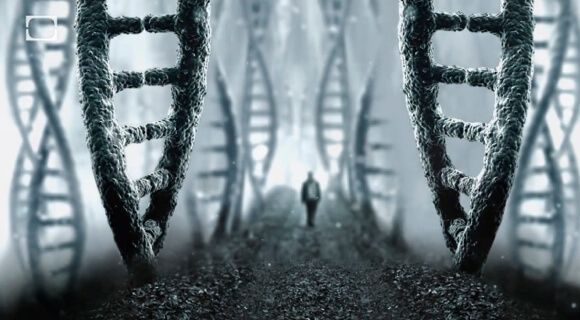In what appears to be the first study of its kind, computer scientists report that an algorithm discovered more than 50 years ago in game theory and now widely used in machine learning is mathematically identical to the equations used to describe the distribution of genes within a population of organisms. Researchers may be able to use the algorithm, which is surprisingly simple and powerful, to better understand how natural selection works and how populations maintain their genetic diversity.
By viewing evolution as a repeated game, in which individual players, in this case genes, try to find a strategy that creates the fittest population, researchers found that evolution values both diversity and fitness.
